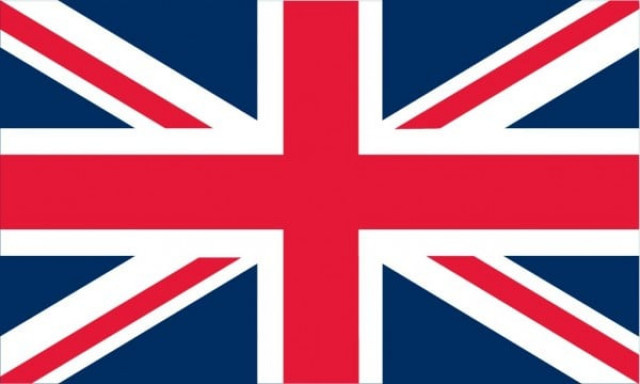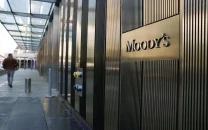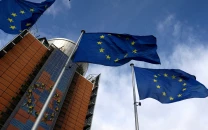Promoting Pakistan-UK trade relations
Pakistan’s exports are driven primarily by demand from the Pakistani diaspora.

Obviously, the Trade Division at Pakistan High Commission attempts to take all the credit for this growth in bilateral trade between the two countries. Whatever be their claims, it is undeniable that Pakistan’s exports are primarily driven by the demand from the Pakistani diaspora in UK, which remain inelastic to any price changes. The demand for Pakistani consumer goods is, however, by and large income-elastic.
Consumer goods like ethnic furniture, high-quality textile goods (produced by brands like Breeze and Junaid Jamshed), and other luxury items are favoured by the Pakistani diaspora in higher income brackets. Given that the number of Pakistanis settled in the UK has increased consistently every year and that the affluence of the British Pakistani community is also improving, the UK demand for Pakistani products can only go in one direction, naturally reflected in the statistics.
Also, Pakistani communities all over the UK have created a strong Pakistani culture that has influenced the culinary habits of even the general population. Those who go to ethnic restaurants, many of which are in localities dominated by South Asians, are inclined to buy food items (eg fruits like mango, vegetables and spices), many of which are actually imported from Pakistan.
This proves only one thing – the demand for Pakistani products in UK is extemporaneous, organic and is only marginally influenced by the efforts of the Pakistan trade mission. There is little evidence of any significant efforts made by the Pakistan High Commission and its Trade Division to promote Pakistani products in the UK.
Subsequently, it is necessary to recognise the prominent role played by expatriate Pakistanis in the economic development of the country. Every year, billions of dollars are sent home by overseas Pakistanis from all over the world in the form of foreign remittances and indirect spending on Pakistani products in their countries of residence.
In addition to making Trade Divisions at Pakistan High Commissions and Embassies around the world, it is recommended that a separate ministry be set up in Pakistan for the Pakistani diaspora. This ministry should focus on strengthening ties between Pakistani families settled in the Western world and their country of origin. The affluent Pakistani diaspora is already proving to be an attractive source of foreign direct investment, in addition to promoting Pakistani products overseas.
The trade surplus between Pakistan and UK points to the potential that exists in UK-Pakistan trade relations in terms of accumulating foreign exchange reserves. If a smart policy is devised by the Pakistan government to use the diaspora as a contributor to growth and economic development, Pakistan’s trade deficit of $14 billion (2010 figures) can be reduced significantly by just focusing on the diaspora in Europe, and possibly USA.
This recommendation is in contrast to some industry observers who believe that trade relations with Asian markets will bear more fruit in the future. While it is true that trade relations with the Asian markets will reap benefits, a diaspora-led policy for Europe and USA could also be a major contributor to efforts to decrease the trade deficit.
The writer is an economist and PhD from Cambridge University.
Published in The Express Tribune, March 19th, 2012.


















COMMENTS
Comments are moderated and generally will be posted if they are on-topic and not abusive.
For more information, please see our Comments FAQ